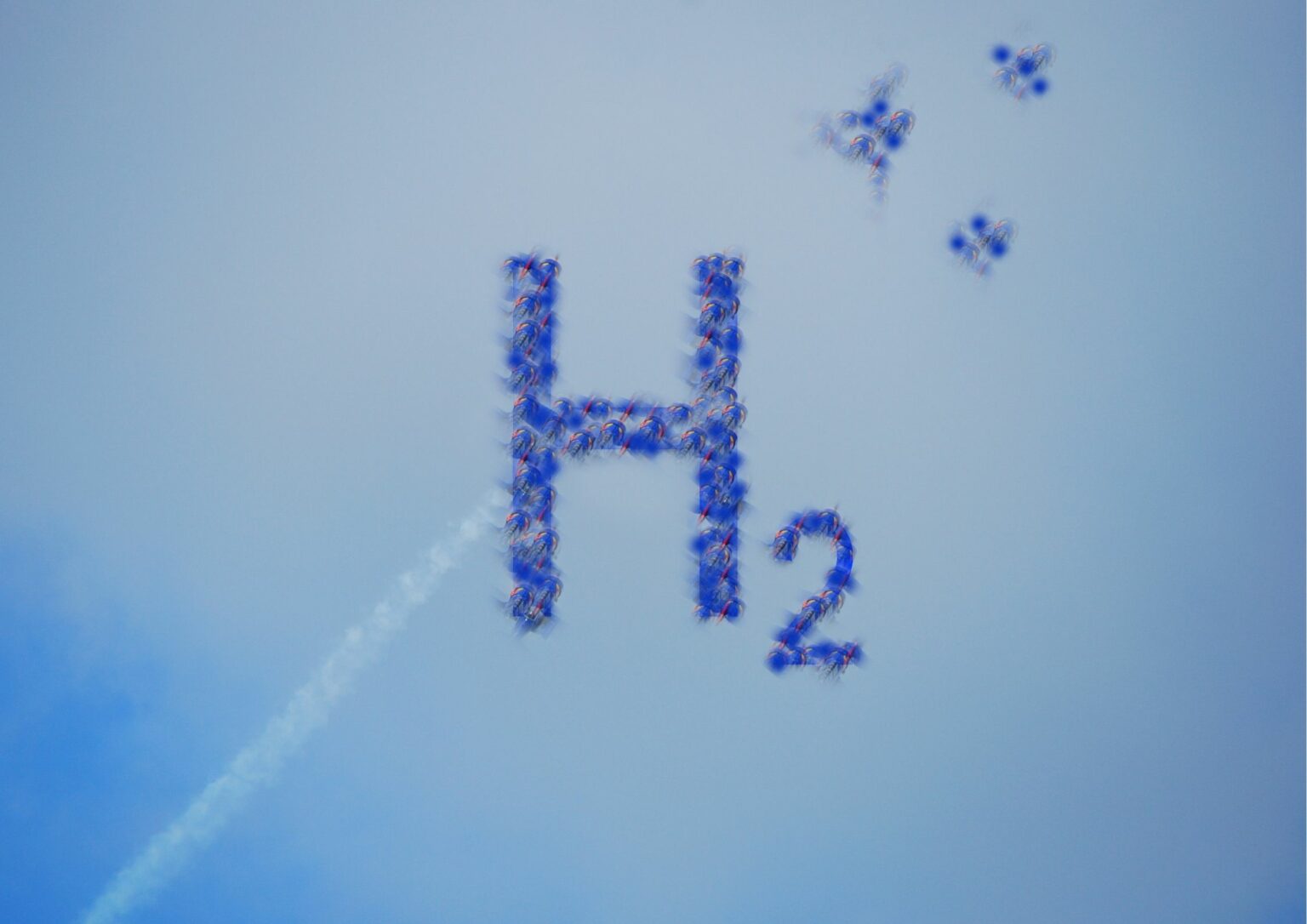Bahia, a northeastern state in Brazil, is positioning itself as a significant player in the green hydrogen sector, leveraging its abundant renewable resources and strategic advantages.
Bahia boasts world-class renewable resources, with 93% of its energy mix already derived from renewables. The state’s GH2 Bahia Atlas study indicates a long-term potential to produce up to 84 million tonnes of green hydrogen annually, utilizing 4,656 terawatt-hours of renewable power from wind and solar PV generation.
Currently, Bahia produces 10 GW of wind energy, representing 30% of Brazil’s national output, and around 3 GW of solar power. The state aims to significantly expand its capacity, with planned projects set to increase installed solar capacity to 28 GW and wind capacity to 21 GW in the coming years.
Governor Jerônimo Rodrigues highlights several strategic advantages that could help Bahia become a leading green hydrogen producer. These include a stable regulatory framework, strategic infrastructure (ports, roads, and railways), fiscal incentives, a growing skilled workforce, and comprehensive mapping intelligence to support investors.
Despite its advantages, Bahia faces challenges such as ensuring a reliable water supply for hydrogen production. The state government asserts that water availability, estimated at 69.2 billion cubic meters per year, is sufficient to meet the demand for green hydrogen production, which would require only 1.3 billion cubic meters annually.
Bahia’s hydrogen strategy is not solely focused on exports. Governor Rodrigues emphasizes the importance of adding value within the state to avoid the pitfalls of past commodity-based industries like oil, sugar, and cocoa. He stresses that the goal is to support reindustrialization and ensure that Bahia benefits economically from its renewable resources.
Green hydrogen is expected to play a crucial role in decarbonizing Bahia’s industries, including oil refining, petrochemicals, agriculture, pulp, mining, and steelmaking. It also offers a means to store excess renewable energy and decarbonize transportation.
Currently, hydrogen demand in Bahia is primarily driven by two companies: Acelen (oil refining) and Unigel (ammonia production). Unigel plans to launch Bahia’s first industrial-scale electrolyser this year, initially producing 10,000 tonnes of green hydrogen annually, with plans to increase production to 100,000 tonnes by 2027.
